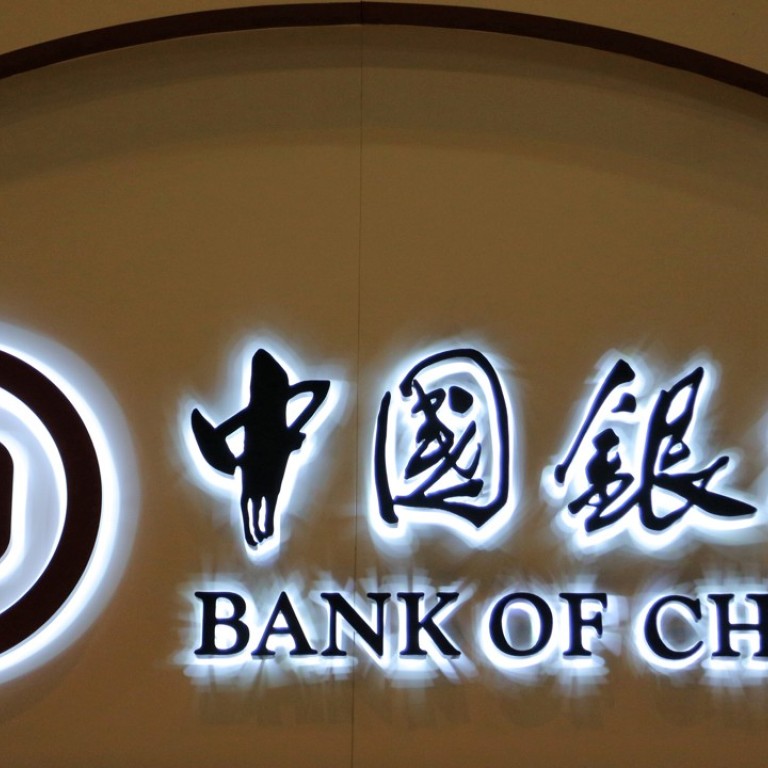
Buy banking, green and consumer stocks, says UBS, based on Two Sessions
But it’s cautious over real-estate shares as policymakers remove wording on cutting property inventories, indicating possible shift in attitude towards the sector
With China’s annual legislative and political advisory meetings in full swing in Beijing, leading analyst UBS Group has been busy reading between the lines of the documents released from the Two Sessions, for stock investment opportunities.
It is now tipping stocks in the banking, environment protection and consumer industries that will get strong government policy support, as Premier Li Keqiang listed financial stability, pollution and poverty reduction as key tasks in this year’s work report. But the Swiss bank cautioned against property stocks.
Gao Ting, one of its strategists, told a teleconference on Wednesday that China’s ongoing deleveraging drive will benefit banks in the long run, by stabilising the financial market and lowering the risk of bad loans. And the plan to lift the entire population out of poverty and raise the threshold for income taxes will eventually boost consumption.
He did not name any specific stocks, however.
“We generally remain positive on China’s stocks this year as profits for Chinese listed companies are expected to increase by about 10 per cent for the year,” Gao said.

“We have seen some declines in stocks recently, but that is mainly impacted by the bad sentiment overseas and such effect will be short-lived.”
The mainland’s benchmark Shanghai Composite Index is now down 8.1 per cent from its January high, as traders offload their holdings of big-cap companies enjoying hefty gains, amid a global sell-off sparked by a spike in yields on US Treasuries.
Gao remains cautious about real-estate stocks this year because policymakers removed the wording of cutting property inventories in the government work report, indicating a possible shift in attitude towards the sector, to neutral from proactive.
That change in attitude could well weigh on developers, particularly the likes of Country Garden Holdings, China’s largest, which has relied on third- and fourth-tier cities for sales growth last year.
Its sales topped 500 billion yuan (US$79 billion) last year but its shares have dropped 5.5 per cent in 2018 after surging more than three fold in 2017.
As China more plays down the growth targets by not setting specific goals of key indicators including money supply and fixed-asset investment this year, economic expansion is likely to slow to 6.6 per cent from 6.9 in 2017, said Hu Yifan, chief investment officer at UBS’s wealth management unit.
We generally remain positive on China’s stocks this year as profits for Chinese listed companies are expected to increase by about 10 per cent for the year
Financial deleveraging, slowing property sales and weaker property investment are likely to the major factors that will drag down growth, she said.
Wang Chen, a partner at the Shanghai-based money manager Xufunds Investment Management, said it is looking into telecommunication equipment makers beyond UBS’s recommendation, as the government report mentioned an expansion of the internet access in rural areas.
“We are looking at opportunities related to telecoms and 5G equipment as there will be an increase in the investment in the area if the government wants to achieve its goals,” said Wang.
“The whole consumer stocks sector rose a lot last year so many of the catalysts have already been fully priced in. The environmental protection theme is good but the sector is very diversified,” said Chen.
“Government spending may not be translated into strong earnings growth for specific listed companies.”

